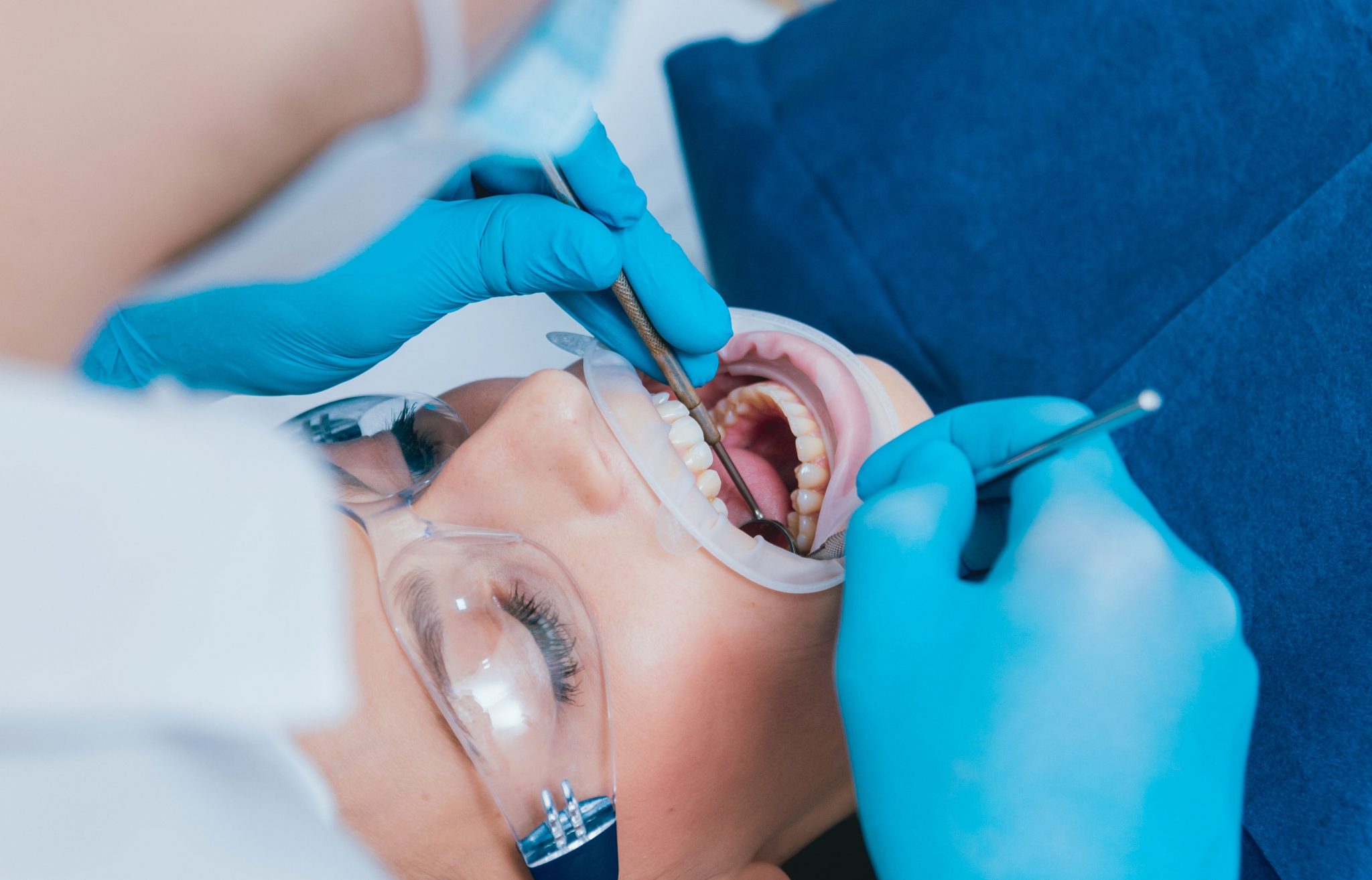The mention of a kid’s dental surgery can be a stressful ordeal to any parent. However, you play a significant role in this and can determine the success of the dental procedure. First of all, take time to learn more about dental surgery and what to expect. Also, discuss the different sedation options available and what works best for your child.
There are also various things to know; let’s check them out.
- General anesthesia is administered when necessary.
Most parents are concerned about their kids being given an anesthetic when they as still young and unable to handle it. However, your dentist will only recommend anesthesia if it’s necessary. In this case, this will be given in the operating room before o during the surgery.
Sleep dentistry is a common form of sedation and is primarily applicable in the most invasive procedures or extreme cases of anxiety. For instance, Smiles on Queen Dentistry offers comfortable dental procedures. The team uses sedation to alleviate fear and help patients relax, ensuring a more pleasant experience.
- Adhere to certain eating and drinking guidelines
If the doctor suggests anesthesia, they will likely give some guidelines to follow before the procedure. For instance, your child should fast for 6 hours from formula and 4 hours from breast milk before the procedure.
Older kids should avoid eating anything after midnight the day before the surgery. Also, they should drink clear drinks until 2 hours before the surgery. So, discuss this with your doctor, and get to know the foods to avoid to ensure a successful surgery.
- You can always comfort your child.
It can be uncomfortable to watch your child receive anesthesia. However, your presence will soothe your kid and help them calm down. As you wait, be calm and help your child calm o too. You bring their favorite blanket or toy to ease anxiety. This will serve as a reminder that you are there for them and help reduce any nervousness they may have.
How can I prepare my child for dental anesthesia?
There are different types of anesthesia, and all depend on your child’s needs. For procedures that don’t require the patient to be still, the dentist may prefer nitrous oxide for kids and adults. This is commonly known as a laughing gas and helps the patients relax and calm during the procedure. For most invasive treatments, IV sedation is common.
The best way to prepare your child for anesthesia is to prepare them fully. Discuss their fears and concerns about the treatment, and help them calm down as much as possible. Address their concerns depending on the age and keep reminding them of the benefits of the dental procedure.
For some kids, receiving an IV may be the most frightening aspect. Inform them that it won’t hurt and is an effective way to alleviate fear and anxiety.
Wrapping up
Sleep dentistry and sedation are excellent ways of relieving pain, anxiety and enhancing your comfort during dental procedures. Before letting your child undergo dental surgery, discuss your fears with the dentist, and get all the necessary information. Also, have a renowned service provider perform the procedure to ensure excellent results.



